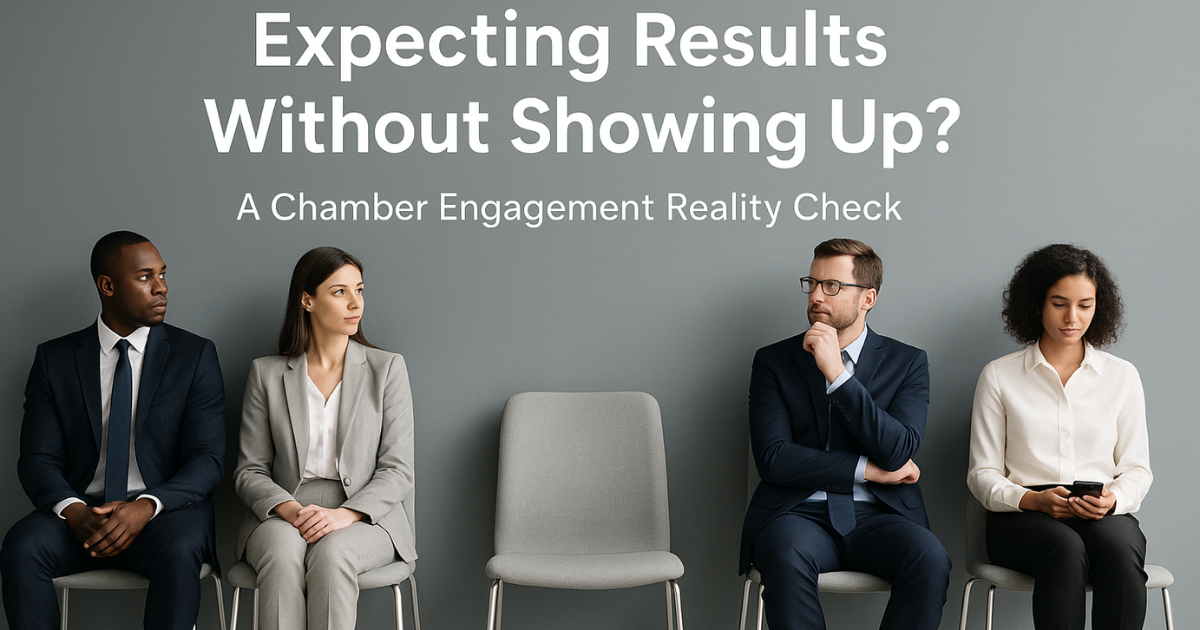Blogs
The Role of Social Media in Massachusetts Personal Injury Cases
- Social media plays a key role in Massachusetts personal injury cases, often serving as evidence that can help or hurt a claim depending on how it's used.
- Typical forms of social media evidence include photos, status updates, private messages, and location check-ins—all of which must be properly authenticated and legally acquired.
- To be effective, social media content must be relevant, credible, and clearly support the facts of the case—such as showing physical injury or emotional distress.
- While this evidence can help illustrate the seriousness of an injury or psychological effects, it can also be misinterpreted if taken out of context, making cautious use essential.
The Value of Social Media as Legal Evidence
Social media platforms have become important in personal injury cases because they offer real-time glimpses into a person’s life after an accident. Insurers and defense attorneys often comb through public profiles looking for inconsistencies between reported injuries and actual behavior.
At the same time, a carefully curated post may help a plaintiff validate the severity of an injury or emotional suffering. In Massachusetts, where personal injury claims commonly stem from car accidents, workplace injuries, or slip and falls, this kind of evidence can play a major role in determining the outcome of a case.
Types of Social Media Evidence
1. Public Posts
Photos, comments, and updates can support or contradict injury claims. A status detailing pain or limited mobility may help a plaintiff, while a picture of that same person hiking could raise doubts.
2. Location Tags and Check-Ins
These features can help establish timelines and verify a person’s whereabouts. For instance, a Facebook check-in at the scene of a crash may corroborate a timeline—if its accuracy is verified.
3. Private Messages
Messages exchanged through Instagram, Facebook Messenger, WhatsApp, and other platforms can offer useful insight, including admissions of responsibility or context for the events in question. These communications must be legally obtained to be used in court.
What Makes Social Media a Strong Piece of Evidence?
In Massachusetts, evidence must meet certain standards to be admissible. That includes social media.
Effective social media evidence must:
- Be directly related to the claim (accident, injury, or resulting damages)
- Be authenticated (e.g., through metadata or account activity logs)
- Support a consistent narrative, either strengthening the claim or refuting an opposing argument
- Be collected legally, in accordance with state discovery laws and procedures
Strong Examples:
- A photo posted shortly after a crash showing visible injuries
- A location check-in that matches emergency response reports
- A series of emotionally expressive posts following an accident, when corroborated by other forms of evidence
How Social Media Affects Personal Injury Cases
Showing the Impact of Injury
Posts that reveal how injuries interfere with daily life or document the healing process can add weight to a claim. Videos showing someone using crutches or status updates about pain management can help prove the long-term effects of an injury.
Challenging the Severity of Injury
Social media can also be used by the defense to challenge a plaintiff’s credibility. A person who claims to be suffering from chronic back pain but posts dancing videos may see their claim weakened, even if the post was an isolated moment.
Supporting Emotional Distress Claims
Emotional trauma is often harder to prove. However, a string of posts expressing anxiety, fear, or depression in the days or weeks following an injury can support a claim for emotional damages—if carefully contextualized and legally admissible.
How Plaintiffs Should Approach Social Media
If you’re pursuing a personal injury claim, consider limiting or pausing your social media activity. Even posts that seem harmless can be taken out of context. While privacy settings can provide some protection, courts may still compel the release of relevant content through subpoenas. Speak with a knowledgeable attorney like those at the Law Offices of Jason M. Ranallo to understand what’s safe to share.
Attorney Guidelines for Ethical Use
Attorneys must operate within ethical boundaries. That means no fake profiles or covert attempts to access private content. All evidence must be collected and presented fairly and in line with Massachusetts legal procedures to ensure it stands up in court.
Contact the Law Offices of Jason M. Ranallo
In Massachusetts, social media can either work for or against you in a personal injury case. With proper handling, it can offer a powerful way to support your story. But missteps—even unintentional ones—can create setbacks. Whether you're making a claim or defending against one, understanding the legal and ethical standards surrounding online activity is critical.
If you’re navigating a personal injury matter, the Law Offices of Jason M. Ranallo can guide you through the digital evidence landscape and help you protect your rights every step of the way.
FAQs
How does social media affect a personal injury case in Massachusetts?
Social media posts can either back up or discredit a claim. Courts and insurance companies look for content that confirms or contradicts the story being told.
Can my private messages be used in court?
Yes, as long as they are obtained legally through the discovery process or subpoena.
Is deleting a post a good idea?
No. Deleting content can be seen as tampering with evidence, which may harm your case. Always consult your attorney before modifying anything.
What should I avoid posting after an injury?
Avoid content that could contradict your claims—such as pictures of physical activity, travel, or social events.
Can private social media accounts protect me?
Not entirely. Courts can order access to private posts if they’re relevant to the case.
How does no-fault insurance affect how social media is used in auto accident claims?
In no-fault states like Massachusetts, social media is often reviewed to determine if the injuries meet the threshold required to pursue legal action beyond insurance limits.










